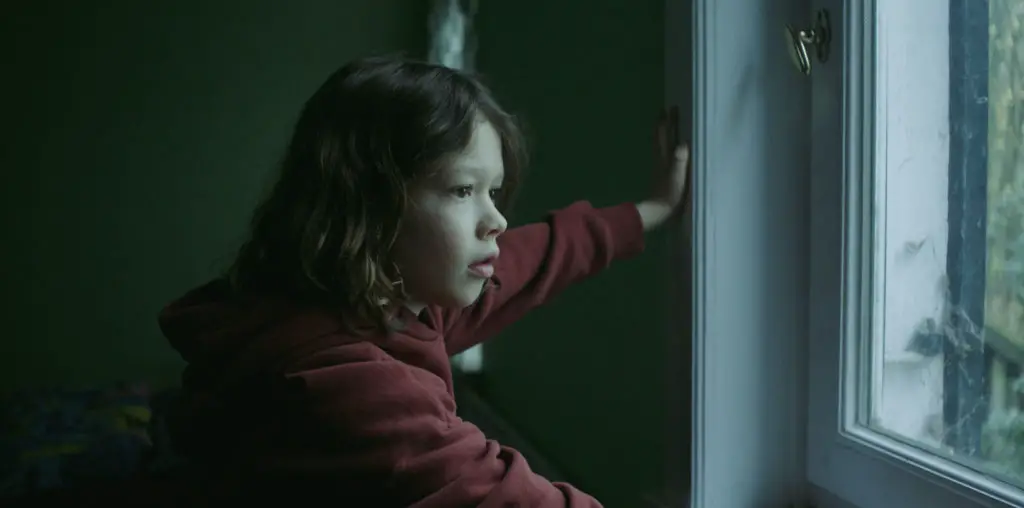
When people go to the movies, they rarely think about who actually owns the theater. If the theater in question is part of a major chain, the ownership is (more often than not) made up of companies within the private equity industry.
The latest player from this high-dollar field to make a foray into the film world is Veronis Suhler Stevenson (VSS), a New York-based private equity and mezzanine capital fund management company which invests in the media, communications and information industries. It is primarily focused in publishing and broadcasting, but earlier this year the company made a capital investment which attracted relatively little media attention – but which might signal a new trend in theater ownership.
In March 2005, VSS invested $30 million into the privately-owned Southern Theatres LLC, a southeastern regional cinema chain which operated 56 screens at the time of the VSS investment. Not only is this a journey into an area outside of VSS’ traditional media portfolio, but it is also a major thrust against an industry tide: the movie exhibition industry has been hurting for some time due to overexpansion and severe financial problems, and it is still feeling a major pinch due to an extended slump in domestic box office returns.
Private equity firms have invested in national theater chains in recent years, but their activities have been to pump much-needed funds into struggling operations. In fact, the two largest American chains (which recently announced a mega-merger) are backed with private equity money. According to the online news resource VentureEconomics.com, AMC Entertainment is owned by JP Morgan Partners LLC and Apollo Management LP while Loews Cineplex Entertainment Corp. is owned by a trio of buyout shops: Bain Capital Partners, The Carlyle Group and Spectrum Equity Investors.
Yet there is something of a difference between the AMC-Loews ownership and the new VSS deal. The long-running AMC and Loews chains were acquired by their respective private equity companies during the past decade, when the exhibition industry was in a major financial crisis. Southern is a relatively young company without financial problems. In fact, it is in the process of creating new theaters across the southeast.
“Southern Theatres is owned by T.G. Solomon Jr., son of T.G. “Teddy” Solomon, one of the last of the great New Orleans moviehouse owners,” says David Lee Simmons, arts and entertainment editor for Gambit Weekly, a New Orleans alternative newspaper. “Teddy Sr. is older than dirt and richer than God.”
The younger Solomon is no slouch in the financial department. He created Southern Theatres in 2002 after the sale of his family-owned Gulf State Theatres to AMC Entertainment Inc. and Entertainment Properties Trust for over $100 million.
Another interesting aspect to the VSS investment is VSS itself: its focus has primarily been in publishing, particularly business-to-business properties. According to the New York Sun daily newspaper, VSS was originally the leading investment bank in the publishing field but in recent years created its own private equity fund to concentrate on buying, operating, and selling publishing entities. Theater exhibition has never been a part of the company’s media mix.
Yet Southern Theatres seems to be a great fit, according to R. Trent Hickman, VSS’ director of private equity. “This is an industry sector we’ve tracked for some time,” says Hickman. “What we saw in the late 1990s and early 2000s was that a number of private equity firms purchased theater companies at fairly high multiples and were leveraging business along the levels of other media businesses. They were doing this at a time when most of the assets they bought were at the end of their useful lives.”
Hickman did a historical overview of this industry and saw a safe avenue of investment: consistent periods of screen growth from a period up until 1994 through 2000, when multiplex construction boomed. The shakedown period of 2005 through today, with many theaters closing, is viewed by Hickman as “quite healthy” as it removed the poorly performing venues from the market while keeping the surviving theaters in place to grow stronger. Hickman also notes box office grosses have also performed strongly during these years despite the exhibition shake-up.
“It is really difficult to tell what box office will do in 2007,” he admits. “But we’re comfortable that by the end of our investment period it will be higher than it is today.”
While the return on investment (ROI) in theater chains has not been cause for celebration for a long time, one leading media expert believes VSS is on to something strong.
“The ROI in cinemas doesn’t look good now,” says Paul Conley, a veteran media analyst who covers the publishing industry from his PaulConley.com online site. “But if your goal is to buy cheap, cut costs and then sell a cash-flow positive business for more than you paid — this may turn out to be a good move.”
Hickman does not see VSS investing in other theater chains. “We’re not considering a competing platform investment,” he says, adding that film production is also not in his game plan. “Part of our investment strategy is finding very stable yet growing businesses. We try to avoid hip-driven businesses. A pure film production is not something we’d look at.”
Yet Hickman adds VSS had looked at acquiring film and even music libraries, which he dubs a “more stable cash-flow business.”
